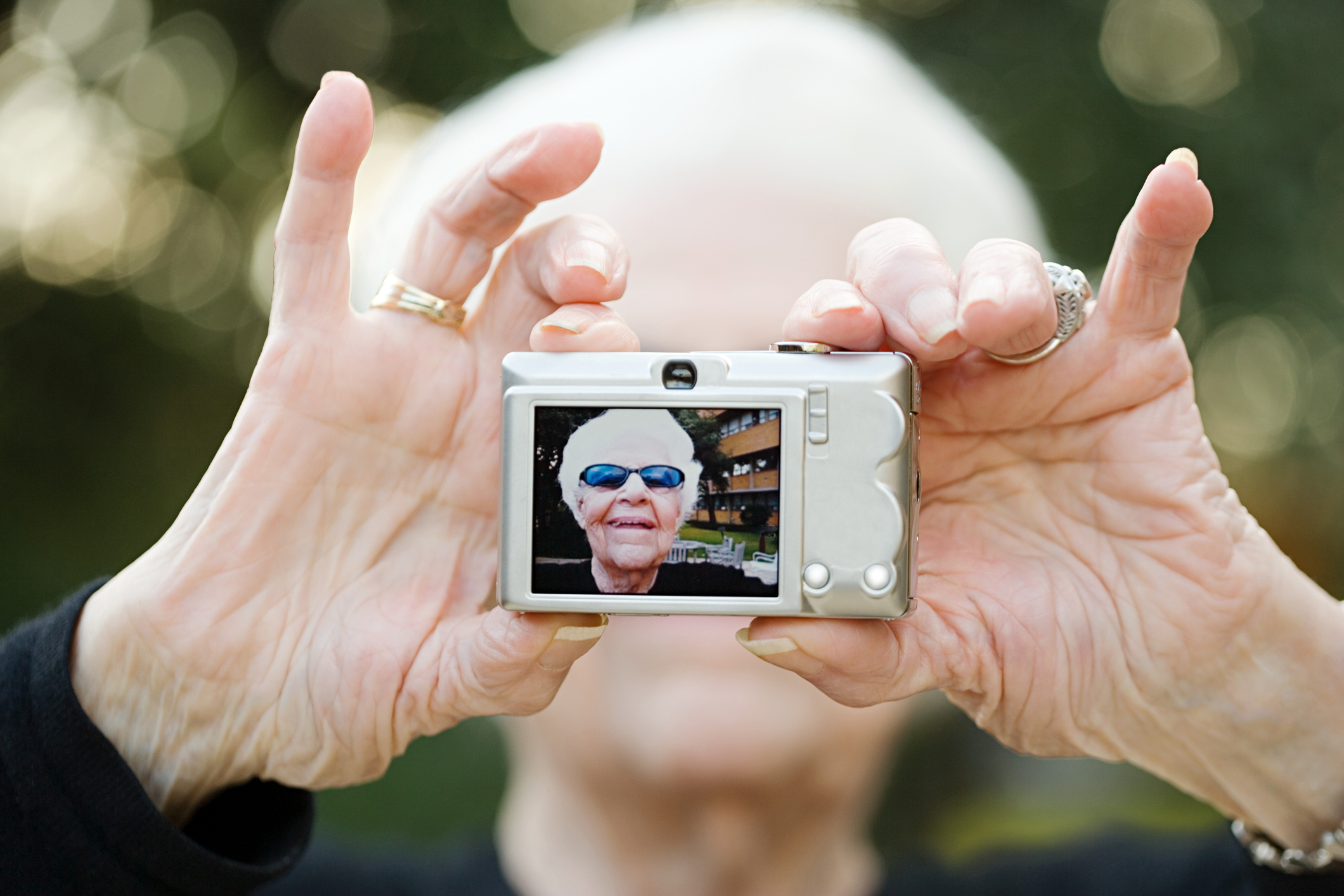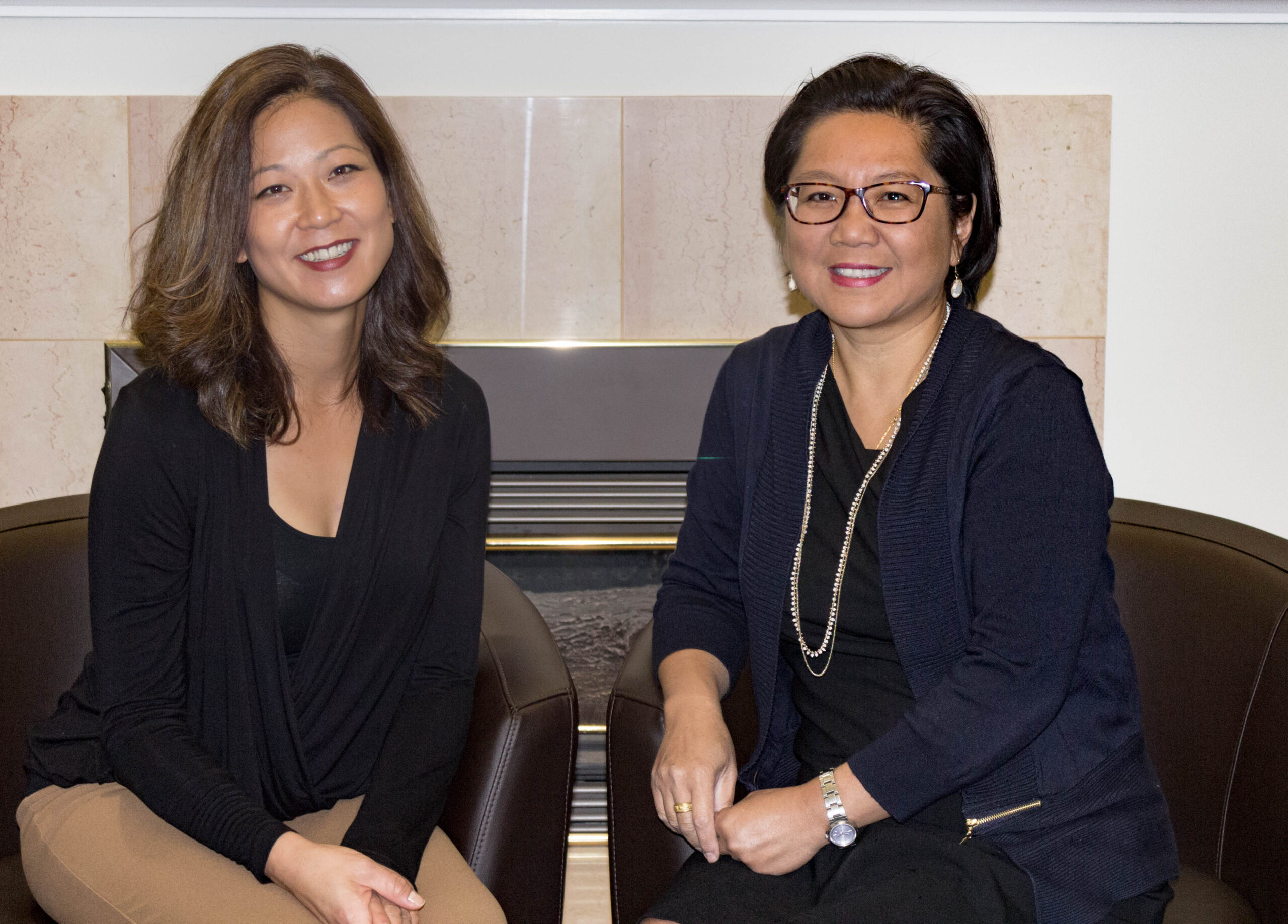
Digital Storytelling Workshops: Strengthening Memories and Communication in Persons with Dementia
The following is a guest post by Elly Park, a CCNA post-doctoral trainee working under the supervision of Dr. Lili Liu.
Everyone has a story to tell and memories that they want to preserve.
Technological advances have made it possible to capture our stories in many forms, relive treasured memories, and leave legacies behind. In particular, multimedia stories – which use a combination of text, video clips, audio, graphics, and photographs – enable people living with dementia to share their stories. In turn, these stories enhance our capacity to raise public awareness about what it is like to live with dementia.
Too often, we only hear the tragedy narrative of what dementia ‘robs’ an individual and his or her family of. A singular focus on suffering, loss, and inability is far from the complete story. Tragedy is never the sum total of a person’s lived experience.
Appreciating this, our research project – within the Canadian Consortium on Neurodegeneration in Aging (CCNA) – focuses on understanding how the experience of storytelling, when combined with digital media, can benefit persons with dementia.
We’re carrying out our project at three sites across Canada: Vancouver (Simon Fraser University), Toronto (University of Toronto), and Edmonton (University of Alberta). Beginning in Edmonton, I met seven participants with early stage dementia on a weekly basis to help them create digital stories. Over the course of eight weeks, they welcomed me into their homes where we worked through sessions one-on-one, consisting of sharing meaningful stories aloud. Ultimately, each participant developed a more in-depth version of one of their stories, digitally, using WeVideo to input photos, voice, music, and sound effects.
Although none of the participants was familiar with digital storytelling prior to this project, they were each impressed by the end result. When I asked one participant to describe what digital storytelling meant to her after the experience, she viewed it as, “a way of celebrating life and honoring people in your life, whether friends or family.”
All participants appreciated how these workshops enabled them to focus on recalling past events and the nostalgia that came with it. The stories had a cascading effect – one story gave way to others. Participants distinguished between the impact of telling a story versus looking at photos in an album and commenting on them. The opportunity to focus on a memory and think about it deeply was rare, and some were pleasantly surprised by what they were able to remember. Participants also talked about the progression of dementia and how it has – and continues to – impact their lives.
Overall, the digital storytelling project challenged participants to think about past events, in relation to the present and future. And participants enjoyed the process of thinking about and sharing memories, as well as creating a lasting legacy.
Next steps:
The impact of creating digital stories, as expressed by participants with dementia, is far-reaching and warrants further investigation. This process of creating digital stories seems to be a powerful way to draw out memories that are otherwise not accessed. It offers an effective communication tool between persons with dementia and their younger family members, as well as a legacy to current and future generations.
This multi-site project continues in Vancouver and Toronto. Eventually, our findings will be analyzed across the three sites and our findings will be shared through the CCNA’s website, and peer-reviewed publications and presentations. Our project will also inform recommendations for families and care partners to create digital stories themselves.
In the meantime, to learn more about this project, please contact: lili.liu@ualberta.ca
Share
Published on September 26, 2017

Receive the
latest news
Stay updated with the latest research developments from CCNA-CCNV. Our news section provides insights into cutting-edge studies, advancements in dementia care, and key findings in brain health research.





